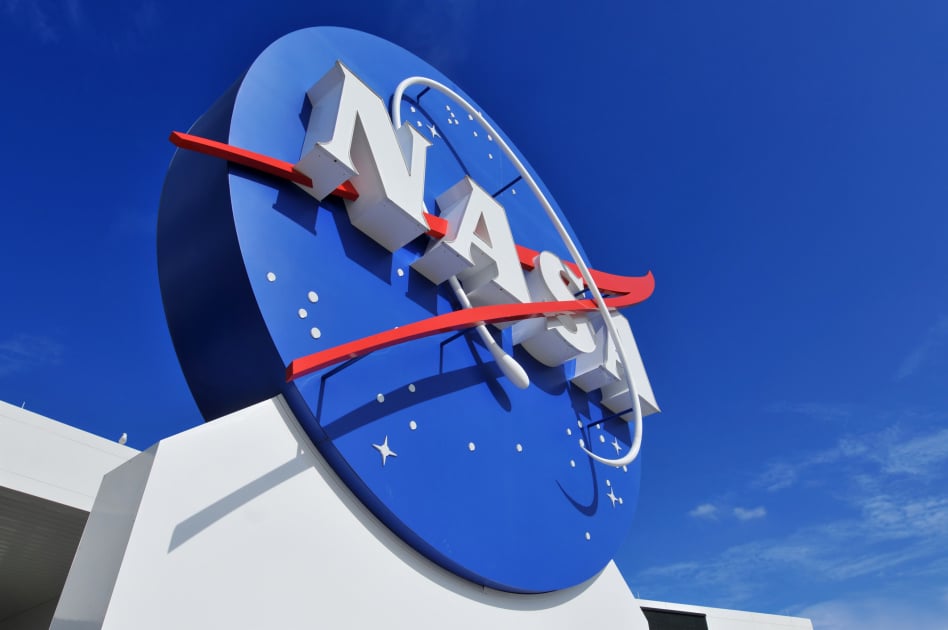As tech giants like Apple turn their eyes towards AI-powered healthcare, Google is now building a new AI doctor in collaboration with NASA. But you might never get a chance to use the new model, unless you’re planning a trip to Mars, that is.
According to the NASA proof-of-concept slide deck, first spotted by TechCrunch, the project aims to tackle the problems of multi-year, long-distance space travel, dealing with issues like no real-time communication with Earth, no way to send medical samples back home, and the possibility of no evacuations in an emergency. For reference, Mars missions would have a lag of up to 223 minutes each way, making conventional real-time medical consultation near impossible.
The new tool, dubbed the Crew Medical Officer Digital Assistant (CMO-DA), will help provide medical advice and diagnostics completely independently of Earth. Per the slides, NASA eventually plans for the tool to incorporate things like ultrasound imaging and additional sources of biometric data in later versions.
The CMO-DA comes as part of the Artemis program, a NASA-led Moon exploration initiative, with the long-term goal of creating a permanent base on the Moon and making human missions to Mars. The tool runs on Google Cloud’s Vertex AI environment and uses open-source language models (LLMs) such as Llama 3 and Mistral-3 Small. The tool’s source code is entirely owned by NASA, according to a Google spokesperson speaking to TechCrunch.
The project’s team tested the AI diagnostics against a basket of common maladies using a panel of three doctors, including one who is also an astronaut.
Recommended by Our Editors
The model performed broadly well, achieving a 74% accuracy rate for flank pain, an 80% accuracy rate for ear pain, and an 88% accuracy rate for ankle injury.
Still, NASA highlights several potential pitfalls the chatbot will have to work around, such as lack of trust in AI tools—where even advanced models can make basic errors—and lack of data on spaceflight-related pathophysiology, for example how partial gravity conditions can impact health.
Get Our Best Stories!
Your Daily Dose of Our Top Tech News

Sign up for our What’s New Now newsletter to receive the latest news, best new products, and expert advice from the editors of PCMag.
Sign up for our What’s New Now newsletter to receive the latest news, best new products, and expert advice from the editors of PCMag.
By clicking Sign Me Up, you confirm you are 16+ and agree to our Terms of Use and Privacy Policy.
Thanks for signing up!
Your subscription has been confirmed. Keep an eye on your inbox!
About Will McCurdy
Contributor

I’m a reporter covering weekend news. Before joining PCMag in 2024, I picked up bylines in BBC News, The Guardian, The Times of London, The Daily Beast, Vice, Slate, Fast Company, The Evening Standard, The i, TechRadar, and Decrypt Media.
I’ve been a PC gamer since you had to install games from multiple CD-ROMs by hand. As a reporter, I’m passionate about the intersection of tech and human lives. I’ve covered everything from crypto scandals to the art world, as well as conspiracy theories, UK politics, and Russia and foreign affairs.
Read the latest from Will McCurdy


